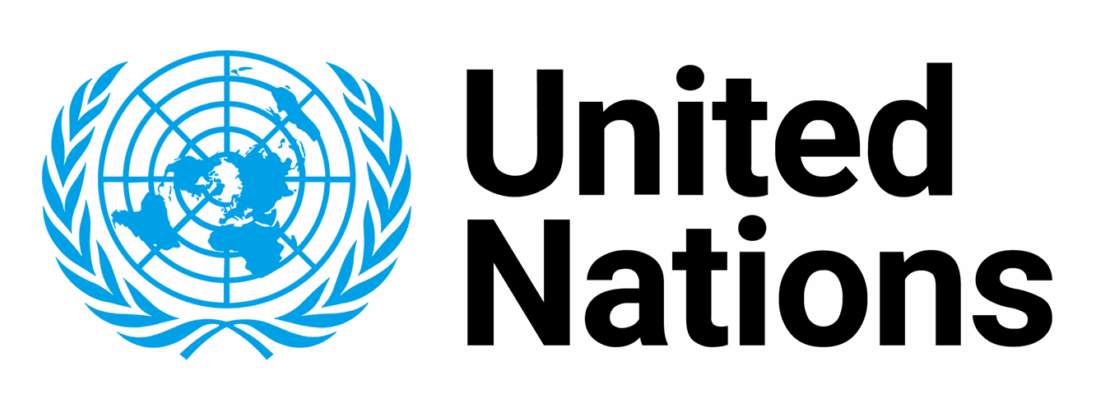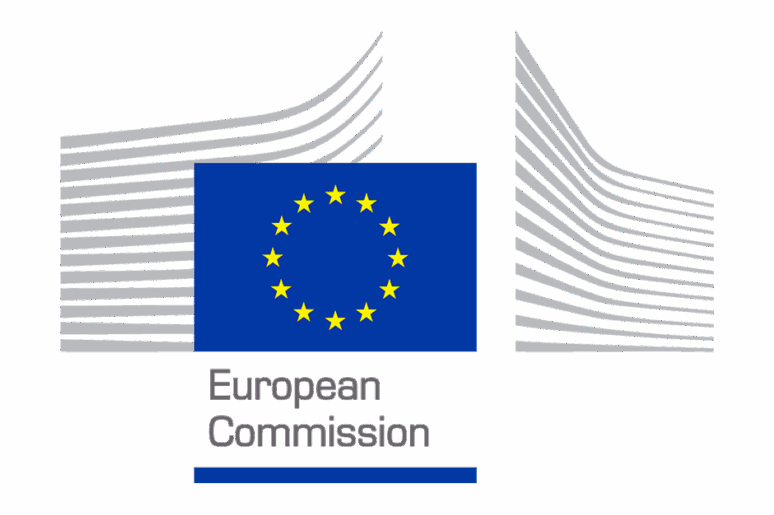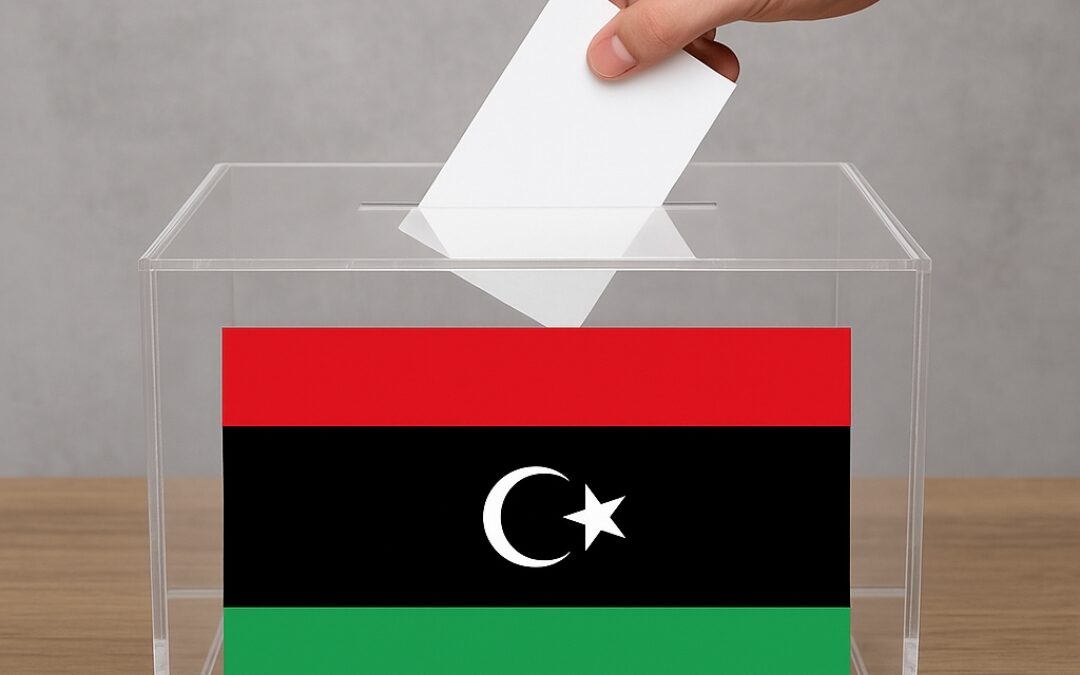WOS-IPSP Political Observatory
The World Organization of States – International Parliament for Safety and Peace (WOS-IPSP), through its Political Observatory, is closely monitoring the latest developments in Libya, where the demand for national elections has become the clearest expression of the people’s will.
A Nation Eager for Representation
The municipal elections held this summer across 26 towns recorded an extraordinary turnout of more than 70%. This outcome demonstrates that, despite insecurity and prolonged institutional paralysis, Libyan citizens are ready to embrace the democratic process and seek stability through legitimate institutions.
The UN Roadmap and Global Responsibilities
On 21 August 2025, UN Special Representative Hanna Tetteh presented to the Security Council a roadmap to overcome the electoral deadlock. The plan highlights three essential dimensions:
1. Strengthening the High National Elections Commission to ensure transparency and credibility.
2. Unifying the rival administrations into a functioning national government.
3. Promoting inclusive dialogue by involving youth, women, and civil society in political life.
If endorsed and supported, the roadmap could open the way to national elections within 12–18 months, a crucial step for Libya’s political future.
Persistent Challenges
Yet, serious obstacles remain. Armed groups continue to exert influence, and rival institutions obstruct progress. Just one day after the UN briefing, a rocket landed near the UN Mission headquarters in Janzour, underlining the fragility of the security situation.
Moreover, the persistent reluctance of political leaders to compromise, together with the interference of external powers, makes the electoral horizon uncertain.
WOS-IPSP Perspective: Elections as a Gateway to Peace
From the standpoint of the WOS-IPSP Political Observatory, Libya’s transition is not only a domestic affair but a matter of regional and international security. A stable and democratic Libya is key to the Mediterranean, North Africa, and the Sahel, where instability, migration, and terrorism are closely interconnected.
The Observatory emphasizes the following priorities:
The Security Council must provide concrete backing and mechanisms to ensure the electoral roadmap is implemented.
Libyan leaders should put aside personal and factional interests for the sake of national unity.
The international community must provide resources, technical expertise, and security guarantees so that Libyan citizens can cast their votes freely and safely.
Conclusion: The Yearning Must Be Answered
The resilience shown by Libyans at the ballot box is proof that their yearning for democracy remains strong despite years of war and division. National elections represent not only a political event, but a decisive step toward reconciliation, sovereignty, and peace.
The WOS-IPSP Political Observatory will continue to follow developments and offer its expertise to support all initiatives that can bring Libya closer to stability and democratic legitimacy.



